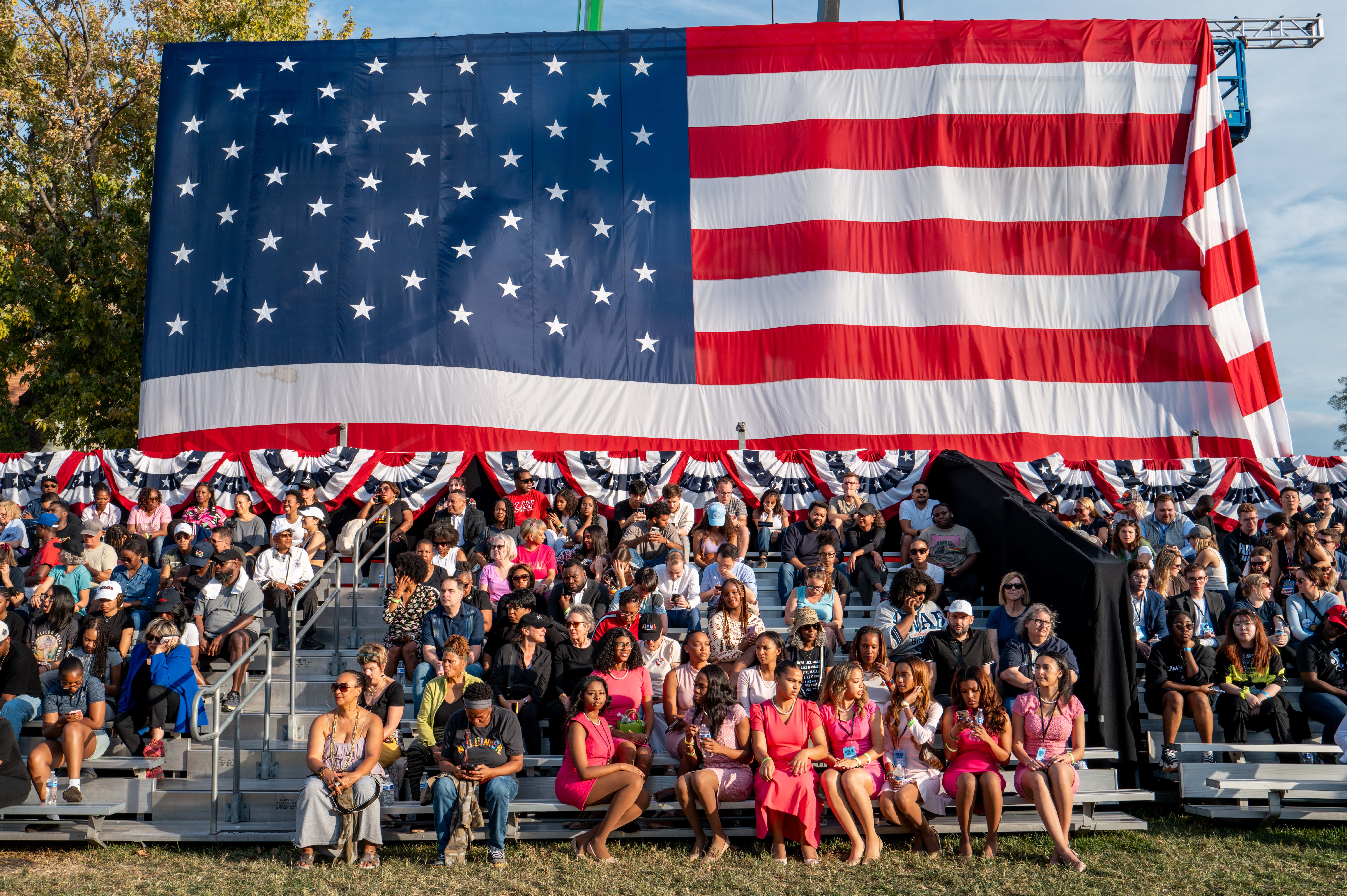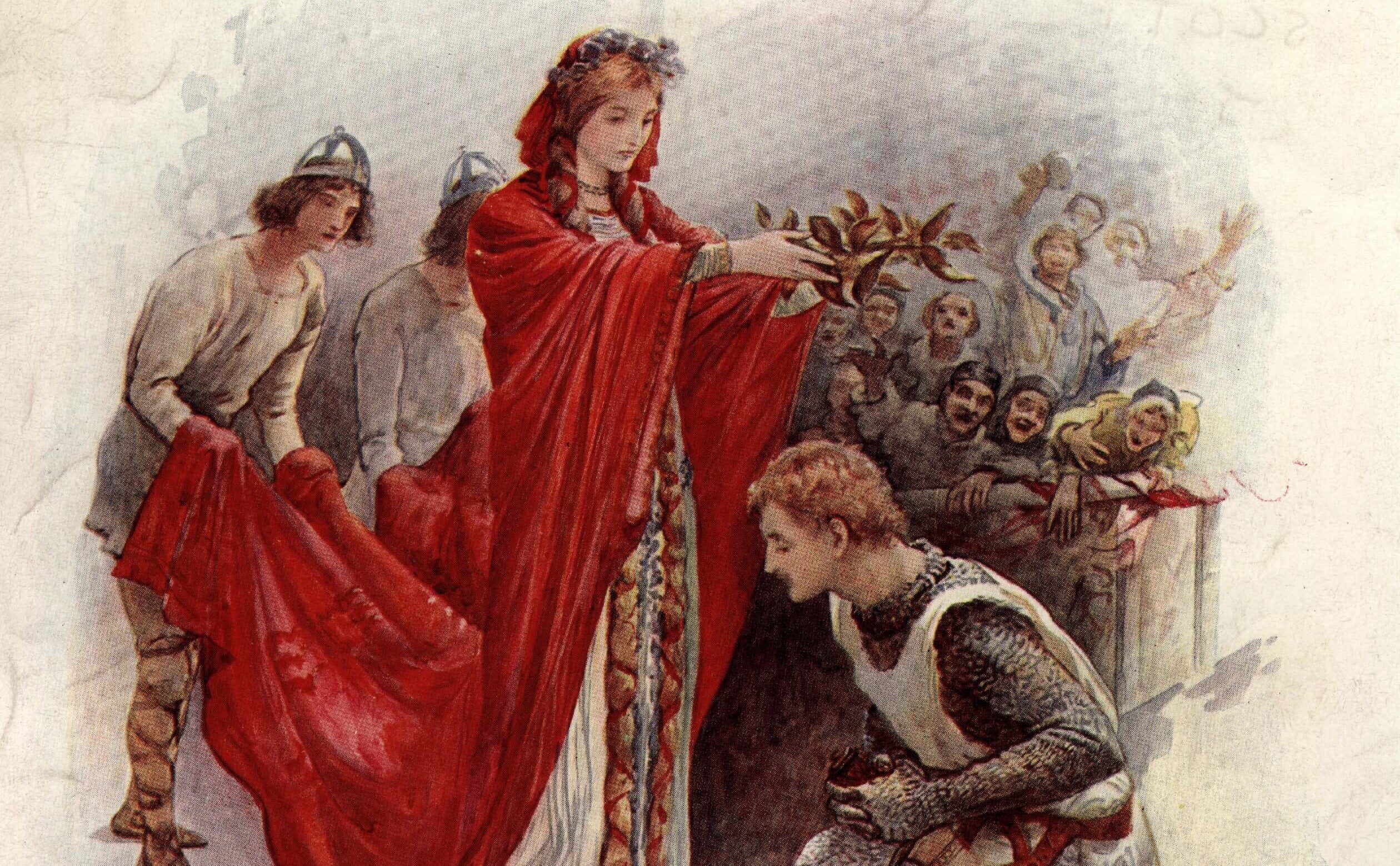This review appears in the Fall 2017 issue of Modern Age. To subscribe now, go here.
The Benedict Option:
A Strategy for Christians in a Post-Christian Nation
By Rod Dreher
(Sentinel, 2017)
A great deal has been written about the “Benedict Option.” For a number of years, Rod Dreher has been urging its adoption with such regularity that he often resorts to shorthand—BenOp. There have been colloquia and panels and all manner of cogitation about the what, how, whether, and why of the Benedict Option. Some are motivated to take options on Options: a Dominic Option, a Gregory Option, and more. The trademark office has rarely been so heavily frequented by theologians. Now comes Dreher’s long-awaited book, unsurprisingly titled The Benedict Option. It has in turn generated a great deal of commentary, making it difficult for a reviewer to add anything fresh. But I shall try.
Dreher is a remarkable and gifted blogger. Most of The Benedict Option reiterates themes familiar to his regular readers, who are legion. As Dreher often points out, things are very bad for Christians, and getting worse. The “forces of cultural decline” grind forward. Nominalism formed the metaphysical basis for the Renaissance and its focus on man as the measure of all things. The Reformation precipitated a crisis of religious authority. Then came the falling dominos: the Wars of Religion, the Scientific Revolution, the Enlightenment, the Industrial Revolution, Romanticism, world wars, and the sexual revolution.
It is no surprise, then, that today the churches have lost their savor. Too many Christians seem “content to be the chaplaincy to a consumerist culture.” This foretells a coming crisis. The epic high tide of secularism will overwhelm unprepared Christians in a flood of biblical proportions, Dreher warns. It’s time, therefore, to build a sturdy ark, one crafted by the renewal of intentional Christian practices. We need to follow the example of the monks who ventured new forms of Christian community in the decline and disorder of the late Roman Empire—the Benedict Option.
Dreher has a great deal to say about how to live as faithful Christians today. There’s an astute chapter warning against our addiction to the small screens of our cellphones. It’s a serious problem, and it threatens to crowd out our capacity to give attention to the divine. I was recently attending a church service where the young man in front of me spent most of his time texting. As he stood to go forward to receive communion, he put his phone in his back pocket, a small concession to God.
Yet spiritual wisdom of this sort is not why Dreher has commanded so much attention. Instead, his influence stems from the fact that so much of what he writes revolves around an urgent rhetoric of coming catastrophe. The Roman Empire is collapsing and barbarians are in control. “Our barbarians have exchanged animal pelts and spears for designer suits and smartphones,” but we too are doomed to enter into a new Dark Age of materialist consumption, therapeutic self-regard, and sexual chaos.
Dreher paints in broad strokes. This leads many to dismiss the Benedict Option as a call for sectarian withdrawal. Dreher’s intent is otherwise, however. He wants a more intentional Christianity, one able to resist being suborned by today’s secular culture, not a wholesale relocation of Christians to remote monasteries (though he likes them too). But I do not want to discuss the particulars of the BenOp. To my mind they are not the most salient aspects of Dreher’s contribution to our understanding of our circumstances. His genius is more rhetorical than theological, and his achievement comes from the fact that he succeeds in expressing a persistent anxiety, one that’s widespread and encompasses more than the forebodings of conservative Christians. It is Dreher’s ability to discern and articulate our sense of impending doom that explains why everyone is talking about the BenOp.
Conservative Christians have many reasons to feel that their world is imperiled. As Dreher points out, the Supreme Court’s decision to pronounce a right to same-sex marriage signals a profound cultural shift. Moreover, the majority opinion in Obergefell turned on the presumption that objections to men marrying men and women marrying women stem only from an irrational prejudice. This stigmatizes as bigots those who hold to traditional sexual morality and opens the way for secular progressives to fire up the engines of antidiscrimination laws to steamroll public dissent. As Dreher puts it in a summary declaration of the sort that one finds throughout the book, “The public square has been lost.”
The rise of the Nones, those without any religious affiliation, is another thing to anguish over. “If demographic trends continue, our churches will soon be empty.” And even if a remnant remains, in all likelihood they will be heretics who believe in a vague, therapeutic deity who makes no demands. The churches have been lost as well.
I do not wish to downplay the challenges facing Christians in the present moment. Dreher is right that Christians feel that things are giving way. But we need to be clear-minded: at this moment in history, almost everyone in the West, religious, areligious, and irreligious, is on edge. The images of “a thousand-year flood” come to him so easily because we are living in an end-time of sorts, one that characterizes many facets of our society, not just the world of conservative Christians.
Take, for example, the widespread worries about environmental catastrophe. A significant portion of the American population is convinced that unless we take immediate and dramatic steps, climate change is sure to imperil the globe. It is time to put an end to half measures, we are told. We need to wake up and recognize that the modern industrial project has brought us to a dead end. The seas are rising and the flood is coming! This way of talking dovetails with Dreher’s, so much so that I can imagine an environmental activist writing The Zero Carbon Footprint Option with exactly the same rhetorical structure and urgency one finds in The Benedict Option.
Our political distempers offer another example. Donald Trump’s candidacy evoked anguished concern across the ideological spectrum, and his election produced many tears. These reactions exceed the usual partisan response. That’s because we all feel that our political culture is fragile and on the brink. Our public passions can no longer be integrated into the usual system of commentary, debate, and leadership. We call this renegade political energy “populism.” The same thing is happening in Europe, perhaps to an even more frightening degree. Each major election seems to evoke a crisis: the responsible vs. the irresponsible, the competent vs. the incompetent, the decent vs. the deplorables, those whom we can trust to keep the system going vs. those out to smash things.
And then there are the universities. Administrators at the University of California at Berkeley fear street violence, and rightly so, it seems. Elsewhere, university leaders are simply feckless, unable to imagine that they must exercise authority over what happens on their campuses. It’s tempting to assign blame: coddled students, a punitive politically correct progressivism, ideological homogeneity, and so forth. But it’s more important to note the general feeling of helplessness. Very few faculty and administrators endorse the illiberal trajectory of today’s university culture. But they feel impotent, incapable of preventing bad things from happening. The car is racing toward the cliff’s edge and nobody seems able to put on the brakes.
There are other spheres of crisis. A fiscal conservative in the Paul Ryan school of thought sees entitlement spending as unsustainable. The federal debt will soon overwhelm the nation’s budget. Neoconservatives wring their hands over the liberal world order now jeopardized by the decline in American power exacerbated by a populist rebellion. African Americans worry about a resurgence of racism. Women march in the streets to express an undifferentiated fear that someone will “turn back the clock.” These are fragments of a common feeling of impending doom. Things once taken for granted have become uncertain. What was fixed is now unsteady.
This feeling has come upon us quite suddenly, which is one reason it tends to take exaggerated forms. It was only yesterday, it seems, that the Berlin Wall fell and the End of History arrived. Yet, all too soon, an atmosphere of crisis took its place. Instead of the End of History, something more ordinary is coming to pass: the postwar era is ending.
That era was a response to the fact that the West was tensed for three long decades in the early twentieth century. From 1914 through 1945, the dominant experience for most citizens in Western nations was one of constant mobilization, first for a horribly destructive war, then against a worldwide depression, and finally for another war of even greater scope and violence. In the aftermath of all that, the culture of the West has enjoyed a long season of release from the tension of those decades. The motif of the postwar era is found in the name itself—post. The 1950s sought to be postideological. The 1960s was postbourgeois, setting aside nettlesome social constraints. We sought to be postracial and postethnic. Intellectuals adopted postmodernism, an outlook that eases the demands of truth. Progressives became post-Marxist, which meant shifting away from Marx’s rigorous dialectic of labor and capital toward open-ended campaigns for “liberation.”
By the end of the millennium, our public culture came to be dominated by terms like diversity, pluralism, and inclusion. These express a utopian dream of perpetual peace that comes when all differences are affirmed, boundaries transgressed, and borders eliminated. Conservatives had their own version of this dream. In their case a global commercial empire transcends historic divisions and domesticates ancient animosities. The benevolent ministrations of the Invisible Hand guide us toward prosperity and peace.
The current atmosphere of crisis stems in good part from the fact that the postwar era has become a decadent culture, one of impossible aspirations. We may not need to mobilize to the degree my grandparents had to, but we can never entirely relax. Silicon Valley sages hymn the creative virtues of “disruption,” but our fallen finitude guarantees that these and other disruptions will tend toward destruction. Public life is always an agony of contestation against disorder, and it requires us to compromise our favored theoretical solutions, something always painful for those of us paid to champion ideas. A strict equality between the sexes may be just such an instance; the frictionless free market is another. Evils need to be parried but can never be defeated. A war on poverty, like a war to promote universal freedom and democracy, is sure to come to grief. A great deal of political wisdom rests in recognizing that the best we can do is remediate. But our investment in “post” and its attendant dreams of release make the returning realization of the limitations of our mortal frame feel like an apocalypse.
This is an illusion. The fact that we need to grapple with a ferocious ingenuity that also pollutes should not surprise us. After all, the men who led American armies to victory in World War II had little respite. Almost immediately, they faced the terrible possibility of a nuclear holocaust, a prospect far more daunting than melting glaciers and receding Arctic sea ice. The same holds for the rest of our problems. It’s only the narcotic atmosphere of utopian illusions that characterizes the decadent final stages of the postwar era—the dream of endless relaxation and an end of history—that makes these challenges seem uniquely dire.
The same holds for the Christians who face the new circumstances of twenty-first-century America. I do not dispute Dreher’s claim that Christians need to wake up and recover more intentional patterns of discipleship. But it has ever been so. In the garden of Gethsemane when their Master was with them, the disciples drifted off to sleep. St. Paul exhorted the Thessalonians, “So then let us not sleep as others do, but let us watch and be sober.”
There’s a corporate dimension to watchfulness, and Dreher is right to emphasize the need for Christians to renew their communities. He’s also right to characterize the threat as the double-headed dragon of Mammon and Eros. The churches are being overwhelmed by consumerism and sexual liberation. But, again, it has always been the case that Christianity has had to struggle against the principalities and powers that rule the world. The Enemy changes guises, to be sure, but he’s always on the prowl.
Dreher frequently returns to images of Rome’s fall. But his history is not quite right. The Germanic armies that toppled the enfeebled imperial government of the Western Roman Empire were not barbarians. They were Romanized military men, often trained in the Imperial Legions that defended the Danube frontier. When they came to power, they established themselves as aristocrats who claimed Rome (and Christianity) as their inheritance. The real threat came later. In the ninth and tenth centuries, the final wave of invasions swept through western Europe, this time lead by warriors who remade Europe into a social system based on clan loyalties and perpetual warfare—feudalism. It was an open question whether what Christopher Dawson calls “the peace-society of the Church” would succeed in absorbing the barbarian culture into itself—or become a mere chaplaincy to its war-society. At many junctures, the former seemed foredoomed. Over time, however, centuries, in fact, the Church prevailed and a spirit of chivalry ordered toward divine service became Europe’s aristocratic ideal.
Our times are different. A velvet barbarism of permission has emerged from within a post-Christian West. It has let loose unbridled greed, sensuality, and will-to-power, all of which threaten to overwhelm the Christianity that remains. For too long we have imagined these powers manageable, even benign. Dreher is right that we need to wake up, watch, and be sober. Much needs to be done to restore the salt and light of Christian communities. But as we gather ourselves for the challenges of our time, we need to resist the intoxicating rhetoric of crisis and catastrophe that emerges from the postwar era’s increasingly paralyzing anxieties. ♦
R. R. Reno is editor of First Things.














